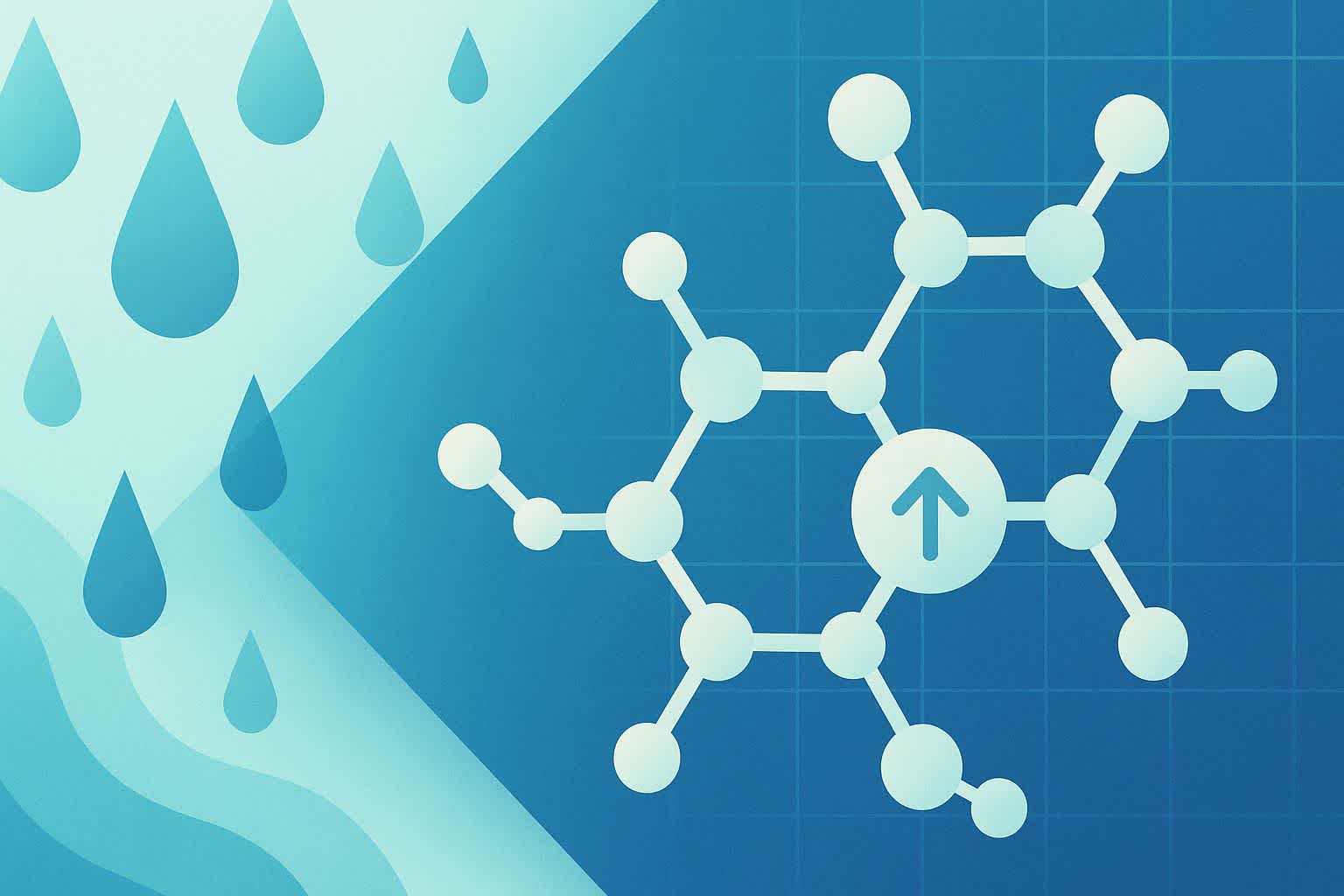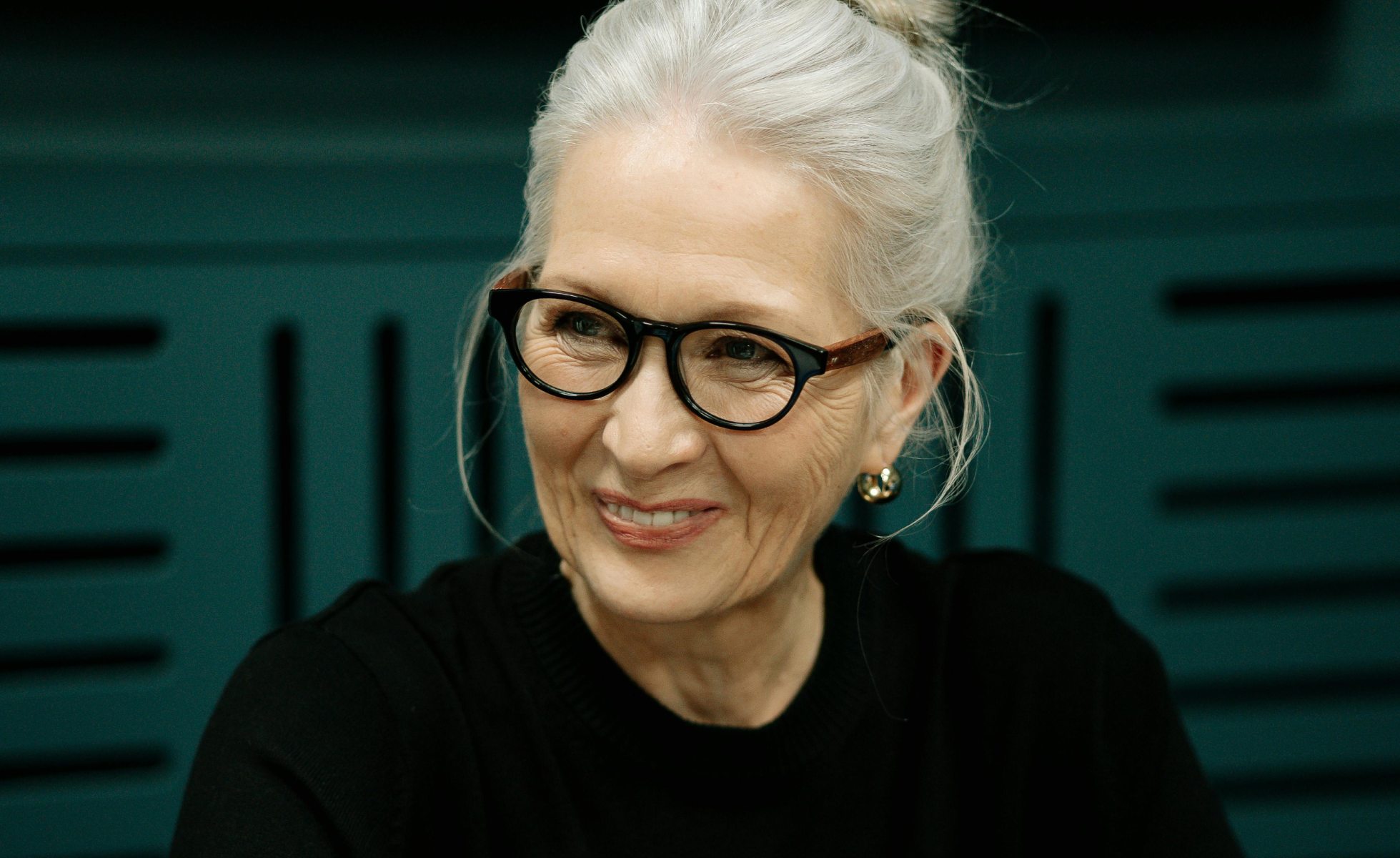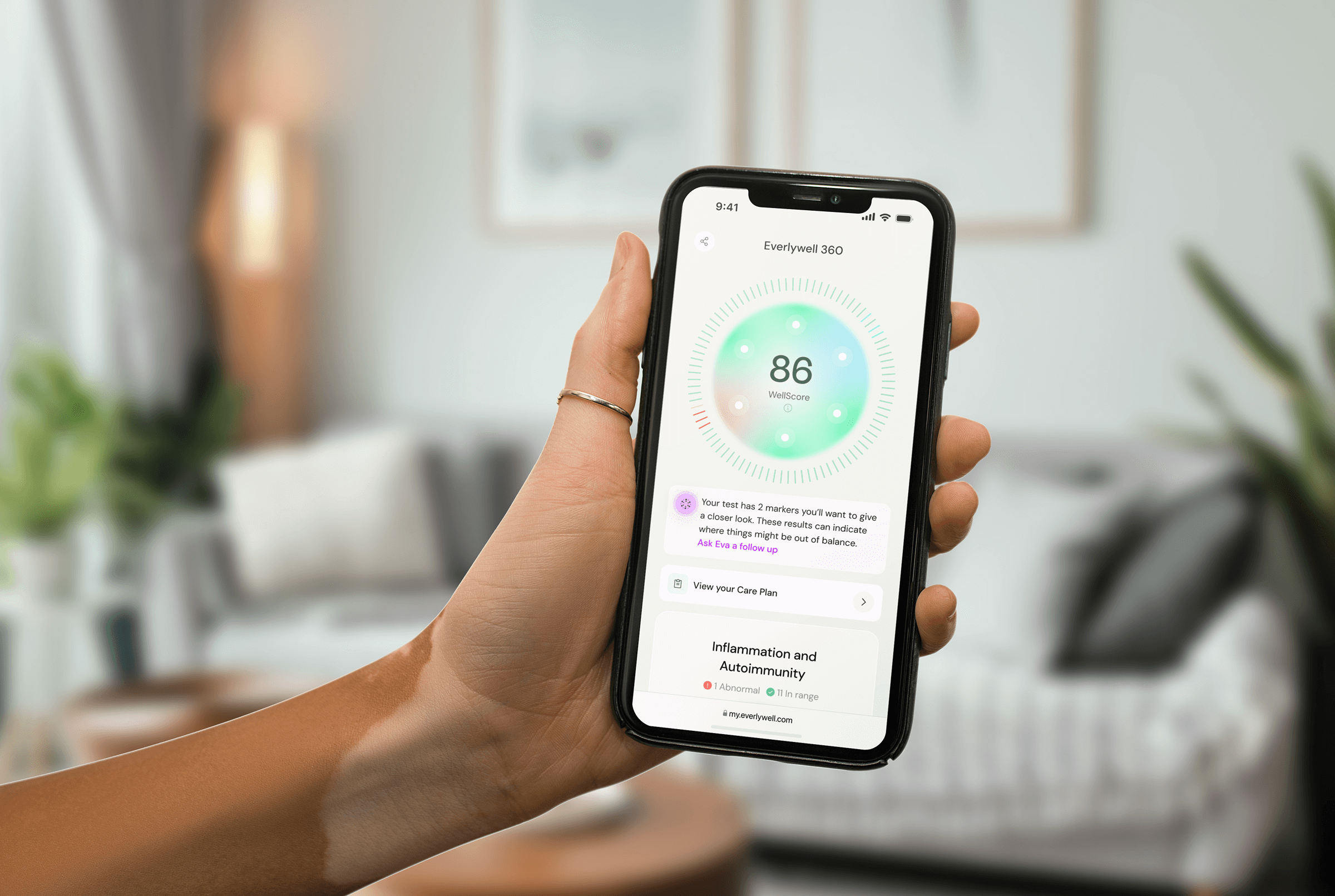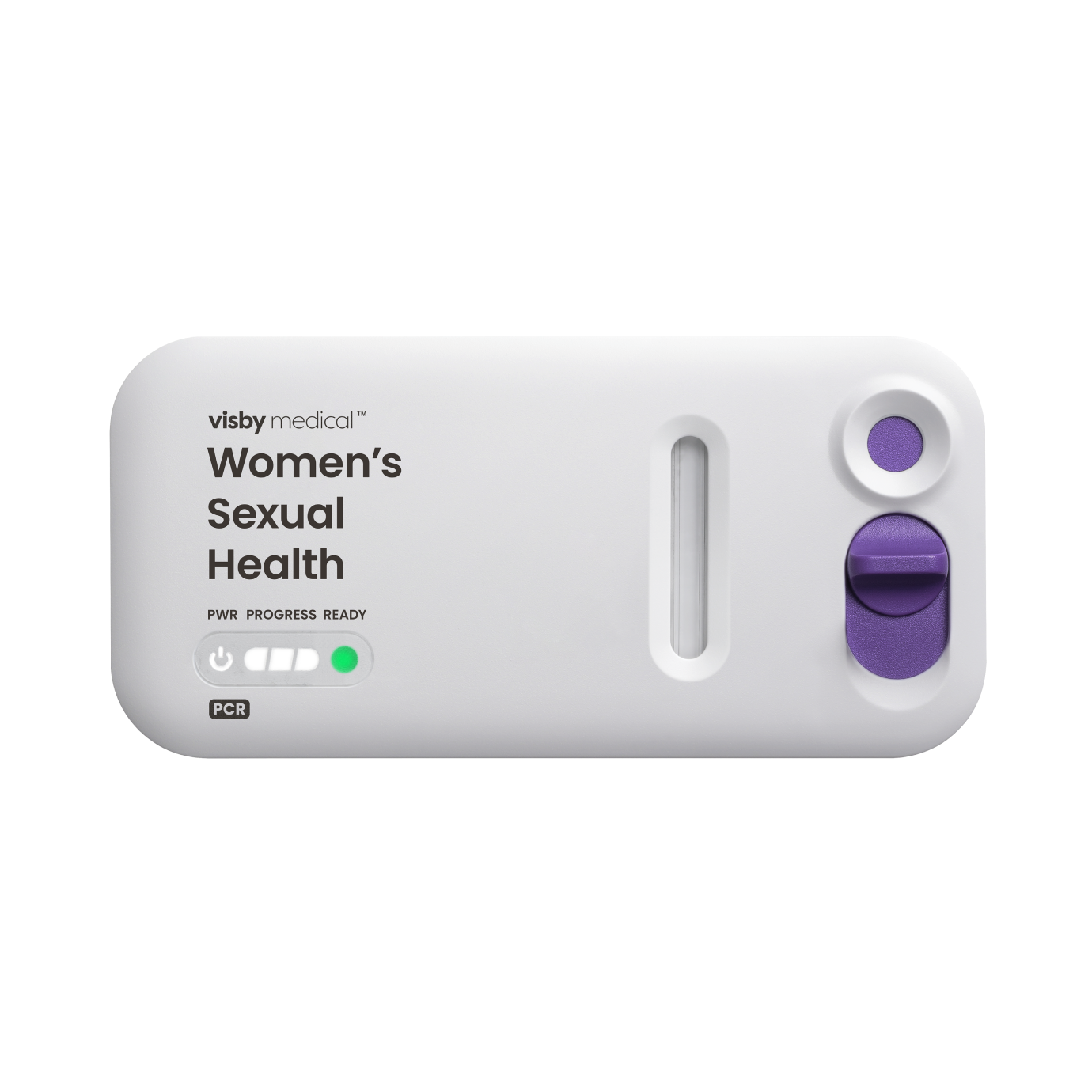Writer: Jillian Foglesong Stabile, MD, FAAFP, DABOM
Do Cold Showers Increase Testosterone?
Cold showers have earned a reputation as a cure-all among wellness enthusiasts, from boosting mood to aiding recovery after workouts. One of the most common claims? That stepping into an icy stream of water can increase testosterone levels. But does science actually support this idea?
In this article, we review what happens during cold exposure, what the evidence says about testosterone, and what evidence-backed steps you can take to support hormone health.
What Is Testosterone and Why Does It Matter?
Testosterone is a key hormone responsible for various functions in the body, including muscle development, bone density, sex drive, mood regulation, and red blood cell production. While commonly associated with men, women also produce testosterone in smaller amounts. [1] Testosterone levels naturally decline with age, and lifestyle factors can also affect production. When levels fall below normal, symptoms may include fatigue, low libido, depressed mood, and reduced muscle mass. [1]
Where Did the Idea Come From?
The notion that cold showers could increase testosterone stems from anecdotal reports and extrapolations from cold exposure’s role in athletic recovery. Because ice baths can help reduce inflammation and soreness, some assume there might be hormonal benefits as well. Online communities sometimes report feeling energized or more “masculine” after a cold plunge—but personal anecdotes aren’t substitutes for clinical evidence.
What Happens to the Body During Cold Exposure?
When you expose your body to cold water, several physiological responses kick in: [2], [3]
- Vasoconstriction: Blood vessels narrow, redirecting blood to your core to preserve heat.
- Increased alertness: Cold shock can trigger a spike in norepinephrine, a hormone linked to focus and energy.
- Stress response: Cortisol and other stress mediators may temporarily rise.
These effects may explain why people feel invigorated after a cold shower—but feeling alert doesn’t necessarily indicate a spike in testosterone.
What Does the Research Say?
Direct evidence that cold showers increase testosterone is limited. An older study of men during Arctic cold exposure found no significant testosterone increase; prolonged cold exposure was associated with suppressed luteinizing hormone, which helps regulate testosterone production. [4]
More recent work explores cold water immersion (CWI) after exercise. A 2024 GeroScience paper reported elevated testosterone after 25–35 minutes of post-exercise CWI in specific conditions, though findings may not generalize to brief home showers. [6] A 2023 meta-analysis on CWI highlighted benefits for recovery and mood rather than direct, consistent testosterone increases—any hormonal effects appear indirect. [5]
Are Ice Baths or Cold Plunges More Effective?
Cold plunges and ice baths typically use colder water (about 50–59°F / 10–15°C) and longer exposure (10–15 minutes) than standard showers. Athletes use them for recovery, inflammation control, and potential dopamine effects, but robust evidence of sustained testosterone increases is still lacking. [5], [6]
Do Cold Showers Decrease Testosterone?
Some worry that regular cold showers could reduce testosterone due to the stress response. Acute cold exposure does activate stress pathways, but there is no clinical evidence that occasional cold showers harm hormonal health. Chronic stress, however, has been linked to lower testosterone via effects on Leydig cell function. [7]
How to Naturally Support Healthy Testosterone Levels
If your goal is to optimize testosterone, these evidence-supported habits are a better bet than relying on cold showers alone: [8]
- Exercise regularly: Resistance training and some forms of high-intensity exercise are associated with healthier testosterone levels.
- Prioritize sleep: Short-term sleep restriction can measurably lower testosterone.
- Eat a balanced diet: Nutrients like zinc, vitamin D, and healthy fats support hormone production.
- Manage stress: Persistent cortisol elevation can suppress testosterone over time.
Cold showers can be a refreshing ritual, but they shouldn’t replace these fundamentals.
Should You Take Cold Showers?
There’s little evidence that cold showers directly raise testosterone. Still, brief cold exposure may offer indirect benefits—like improved mood and perceived recovery—that support overall well-being. [2], [3], [5] If you enjoy them and don’t have contraindications (e.g., certain cardiovascular conditions), it’s reasonable to incorporate short, tolerable sessions.
FAQs: Common Questions About Cold Showers and Testosterone
Do cold showers actually boost testosterone levels?
Evidence is mixed and limited. Some protocols of post-exercise cold immersion show short-term hormonal shifts, but consistent, clinically meaningful increases from quick home showers aren’t well-supported. [5], [6]
Can cold showers help with hormone balance?
They may indirectly support well-being (mood, perceived recovery), which can contribute to a healthier hormonal environment, but they are unlikely to cause large changes in testosterone without broader lifestyle support. [2], [3], [5]
How do cold showers affect male fertility?
Data are limited. Moderate cold may have theoretical, short-term effects on sperm parameters, but extreme or prolonged cold could have the opposite effect. More research is needed.
Are there any health benefits of taking cold showers?
Possible benefits include improved mood, increased alertness, reduced post-exercise soreness, and enhanced circulation sensations—most are indirect and not specific to testosterone changes. [2], [3], [5]
How long should a cold shower be for health benefits?
Starting with 2–5 minutes is reasonable for many people. Ease in gradually and listen to your body, especially if you have cardiovascular concerns.
How Everlywell Can Help
The only way to understand your hormone levels is through testing. The at-home Testosterone Test lets you measure your levels from home with physician-reviewed results. For broader context, consider the Everlywell 360 Full Body Test or the Men’s Health Test. You can also book a virtual men’s health appointment for guidance on interpreting results and next steps.











